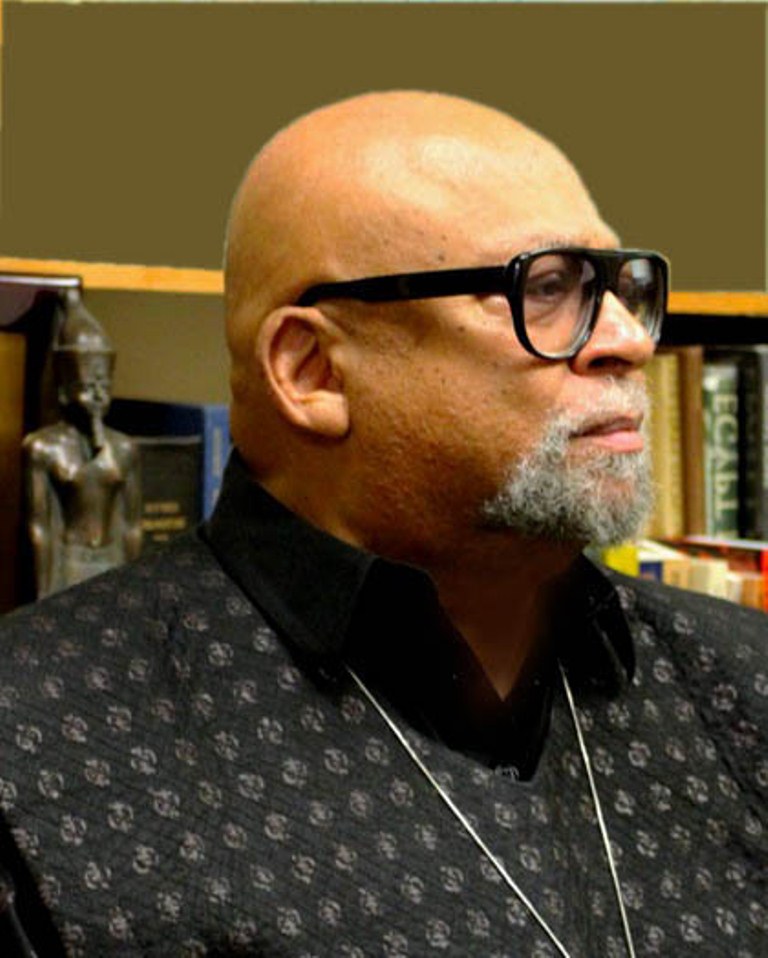
The Ethics of Healthcare: Essential Kawaida Consideration
In this time of pandemic, panic, hoarding and conversations about health and well-being that we are forced to have, I offer these thoughts again for mindful consideration.

In this time of pandemic, panic, hoarding and conversations about health and well-being that we are forced to have, I offer these thoughts again for mindful consideration.

There is no real or rational denying of the damage and disruption the coronavirus has done and is continuously doing to our lives and livelihoods, our health and happiness, our meetings and modes of education, our public and private events, travel, and the economy. This deadly and disabling virus has also impacted our family gatherings and visits to each other’s homes and to each other in hospitals, nursing homes and elsewhere, as well as our places and ways of worship. In a word, it has closed down and narrowed the spaces for our relation-building, renewal, work, recreation, relaxation, grounding and the goodness that comes from just being together.

It is a fundamental tenet of Kawaida philosophy that practice proves and makes possible everything, that is to say, practice brings it into being, makes it real, relevant and worthy of the name and quality it claims, whether it is love or life, parenting or peace, teaching or learning, art or ethics, science, religion or righteous resistance. And so, in this month of March which pays rightful and focused attention and homage to women and calls for recommitment to secure their rights, respect their dignity and address adequately their rightful needs and aspirations, the question is always of how this is translated in practice, how is it brought into being and made real and worthy of its name and claims?

Let us begin this sacred month offering tambiko, homage of rightful remembrance and profound appreciation of the way openers, lifters up of the light that lasts and tireless teachers of the good, the right and the possible. Let us say then, as it is written in the Husia: homage to you beautiful, Black and radiant spirits. You shall always be for us glorious spirits in heaven and a continuing powerful presence on earth. You are counted and honored among the ancestors. Your names shall endure as a monument. And what you’ve done on earth shall never perish or pass away. Hotep. Ase. Heri.

As a new and expanded round of reparations discussions and discourse take place in the public square and in the current political campaigns, seeking promised votes and progressive validation, it is vital for us to maintain control of how we define and pursue this world historical project. Indeed, it is important to look back, remember and reflect and not rush forward thinking it’s all over but the shouting. For ours is the most ancient of human histories with an endless library of lessons in life, work and struggle. And we know from this history, there is no easy walk or way to the victory in struggle we seek, not only to achieve reparations, but also a liberated life in which reparation is truly realized.

Former Alvin Ailey Dancer, Renaldo Maurice and Tamica Washington-Miller, to collaborate with music from drummer/composer, Marcus Miller.

The conception and development of our philosophy, Kawaida, the work and struggle of our organization Us, and the people-focus, cultural groundedness and social consciousness of the leadership and people we seek to cultivate, teach and exemplify, all began with what our ancestors called in the Husia a “courageous questioning.”

The deep thinking of our ancestors about ethical issues of being human and doing good in the world is nowhere more evident or important than the text in the Book of Vindication (or Coffin Texts) in the Husia titled “The Four Good Deeds of Ra” which offer a foundational source for human rights and human good.

Each Earth Day (April 22), it provides an important opportunity to focus on critical environmental issues